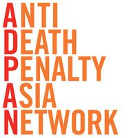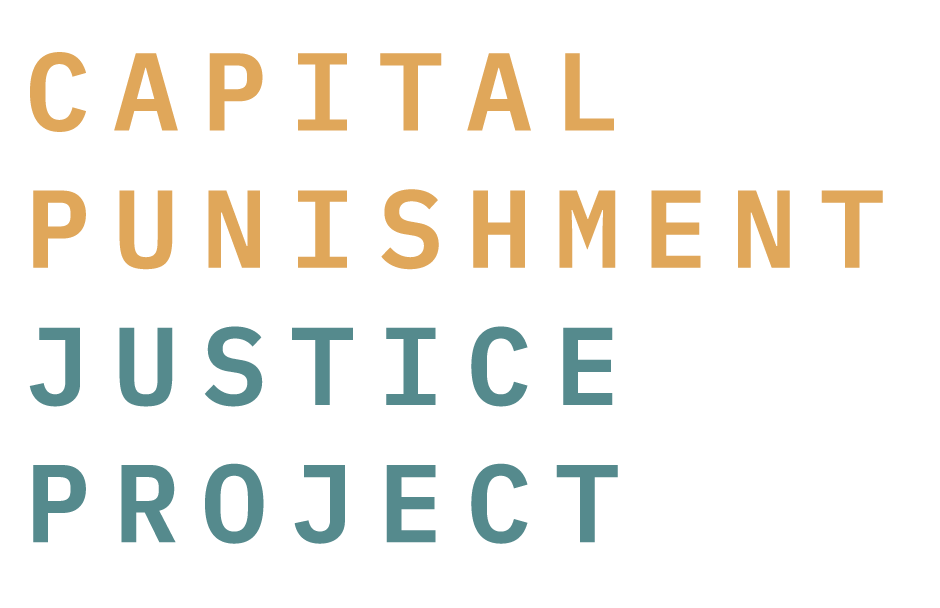China: Judicial guidelines to curtail activism for Taiwan a further blow for human rights protections
The undersigned organisations are alarmed by the recent publication by the Chinese authorities of new judicial guidelines providing directives to prosecute and harshly punish, including by the death penalty, those advocating and acting for Taiwan’s independence. The guidance effectively encourages China’s courts and law enforcement agencies to violate several rights established under international human rights law and standards, including the rights to life, to the freedoms of expression, peaceful assembly and association, and to a fair trial. We call on the Chinese authorities to immediately withdraw the guidelines and swiftly introduce legislative changes to repeal vague and overly broad national security-related offences and the death penalty, as critical first steps.
On 21 June 2024, the Supreme People’s Court of China jointly issued with the Supreme People's Procuratorate, the Ministry of Public Security, the Ministry of State Security and Ministry of Justice the “Opinions on Punishing ‘Taiwan Independence’ Diehards for Conducting or Inciting Separatism in Accordance with Law” (henceforth, guidelines).[1] The guidelines are based on existing provisions under China’s Anti-Secession Law, Criminal Law and Criminal Procedure Law; and encourage lower courts and various government and law enforcement agencies to prosecute and punish as national security offences various acts, including peaceful ones, aimed at the pursuit of the independence of Taiwan from China. The guidelines came into effect upon publication.
Our organisations are gravely concerned by the violations of human rights that are encouraged and would be carried out through the implementation of these guidelines. By explicitly criminalising and demanding harsh punishments for peaceful acts that aim at advocating for Taiwan’s independence, the Chinese authorities are cracking down under the pretext of national security on the rights to freedom of expression, freedom of peaceful assembly and other human rights.
According to internationally recognised human rights standards, “national security” cannot be invoked to justify restrictions on rights and freedoms unless genuinely and demonstrably intended to protect a state’s existence or territorial integrity against specific threats of the use of force;[2] nor can this national security framework legitimately be applied by governments to entrench a particular ideology or deny people the right to express different political views and to exercise their other human rights as protected by international legal standards.[3] Expression can only be punished as a threat to national security when the authorities can demonstrate that the speaker has the intent to incite violence, there is a likelihood that the expression will incite such violence and a direct and immediate connection between the expression and the likelihood or occurrence of such violence.[4] Speech such as advocating for a change in government or government policy, as well as criticism or even insult of a state’s institutions or its symbols, or exposure of human rights violations, is protected under international human rights law and must not be restricted or penalised on national security grounds.[5] Likewise, demanding territorial changes in the form of autonomy or even secession in speeches and demonstrations does not automatically amount to a threat to the country’s territorial integrity and national security.[6] The UN Human Rights Committee, the UN body tasked with monitoring the implementation of the International Covenant on Civil and Political Rights (ICCPR) – which China signed in 1998 – has frequently rejected attempts to justify far-reaching restrictions with vague references to “national security”.[7]
Of additional concern is the broad definition of aggravating circumstances that would warrant the harshest penalties, including the death penalty, under sections 6 and 7 of the guidelines.[8] International human rights law and standards set out that the imposition of the death penalty must not be based on “vaguely defined criminal provisions, whose application to the convicted individual depend on subjective or discretionary considerations, the application of which is not reasonably foreseeable.”[9] These are necessary requirements prescribed by the principle of legality, a core general principle of law, enshrined, among other places, in Article 15 of the ICCPR and Article 11 of the Universal Declaration of Human Rights. Without an explicit and effective requirement to comply with international human rights law, vague terms leave the law open to abuse by authorities who use it to crack down on a wide range of human rights.[10] Vaguely drafted laws can lead to a chilling effect and ultimately self-censorship in public debate, including online.
We oppose the death penalty absolutely and are already greatly concerned at the overall lack of transparency that surrounds the use of the death penalty in China. We are further alarmed that the guidelines recommend the imposition of this cruel punishment in violation of the principle of legality; and as a result of trials where the defendant is not present (in absentia), including on people in other countries. Death sentences imposed in unfair proceedings are arbitrary in nature and amount to a violation of the right to life.[11] Furthermore, pending full abolition of the death penalty, international law and standards restrict its use to the “most serious crimes”, most recently interpreted as referring to “crimes of extreme gravity involving intentional killing”.[12] The majority of acts criminalised in the guidelines do not meet this minimum threshold.[13]
We call on the Chinese government and all authorities to review and amend all laws and regulations, and end all related policies and measures, that violate human rights, in particular the rights to life, freedom of expression, peaceful assembly and association, and ensure that any legal provisions aimed at protecting national security are clearly and narrowly defined and conform to international human rights law and standards. We urge the authorities to establish an immediate moratorium on all executions, as well as initiate legislative amendments to fully abolish the death penalty and commute all death sentences.
This statement is co-signed by:
Anti-Death Penalty Asia Network (ADPAN)
Capital Punishment Justice Project (CPJP)
World Coalition Against the Death Penalty
-----
[1] English translation available at https://en.spp.gov.cn/2024-06/21/c_998795.htm.
[2] Siracusa Principles on the Limitation and Derogation of Provisions in the International Covenant on Civil and Political Rights, UN Doc. E/CN.4/1985/4, paras. 29-30.
[3] Johannesburg Principles on National Security, Freedom of Expression and Access to Information, adopted on 1 October 1995 by a group of experts in international law, national security, and human rights convened by Article 19, the International Centre Against Censorship, in collaboration with the Centre for Applied Legal Studies of the University of the Witwatersrand in Johannesburg, https://www.article19.org/data/files/pdfs/standards/joburgprinciples.pdf.
[4] Johannesburg Principle 6.
[5] Johannesburg Principle 7.
[6] European Court of Human Rights, Stankov and the United Macedonian Organisation Ilinden v. Bulgaria, application numbers (29225/95 and 29221/95), 2001, para. 97.
[7] UN Human Rights Committee, “General Comment 34: Freedom of opinion and expression (Art. 19)”, UN Doc. CCPR/C/GC/34, 12 September 2011, paras. 21-26.
[8] For example, the death penalty may be imposed for those “who cause particularly serious harm to the state and the people” and when the circumstances of the crime are “particularly heinous”.
[9] Human Rights Committee, General comment No. 36 (2018) on article 6 of the International Covenant on Civil and Political Rights, on the right to life, UN Doc. CCPR/C/GC/36, para.38.
[10] Working Group on Arbitrary Detention, Report, 15 December 2003, UN Doc. E/CN.4/2004/3, paras 64-65.
[11] UN Human Rights Committee, General comment No. 36 (2018) on article 6 of the International Covenant on Civil and Political Rights, on the right to life, UN Doc. CCPR/C/GC/36, para.41.
[12] UN Human Rights Committee, General comment No. 36 (2018) on article 6 of the International Covenant on Civil and Political Rights, on the right to life, UN Doc. CCPR/C/GC/36, para.35.
[13] Conduct considered as “serious crime” include directly participating in the implementation of major separatist activities of an organisation advocating for Taiwan’s independence; or carrying out activities advocating for Taiwan’s independence with serious consequences and adverse impacts; and playing a significant role in separatist activities.





